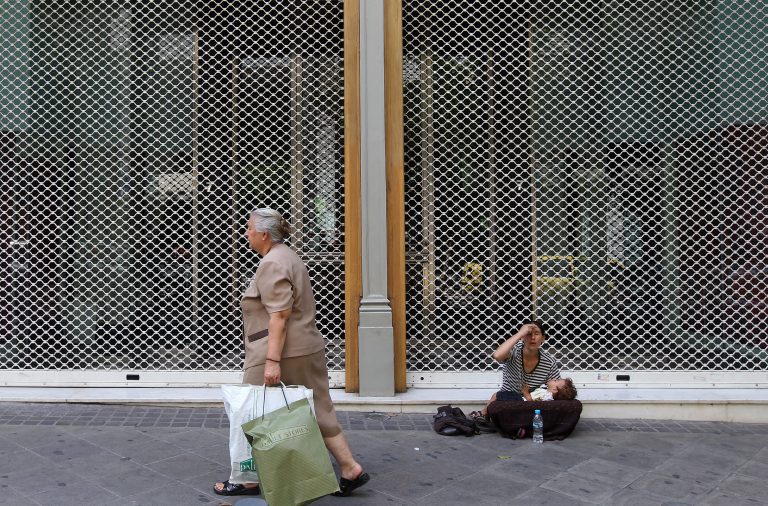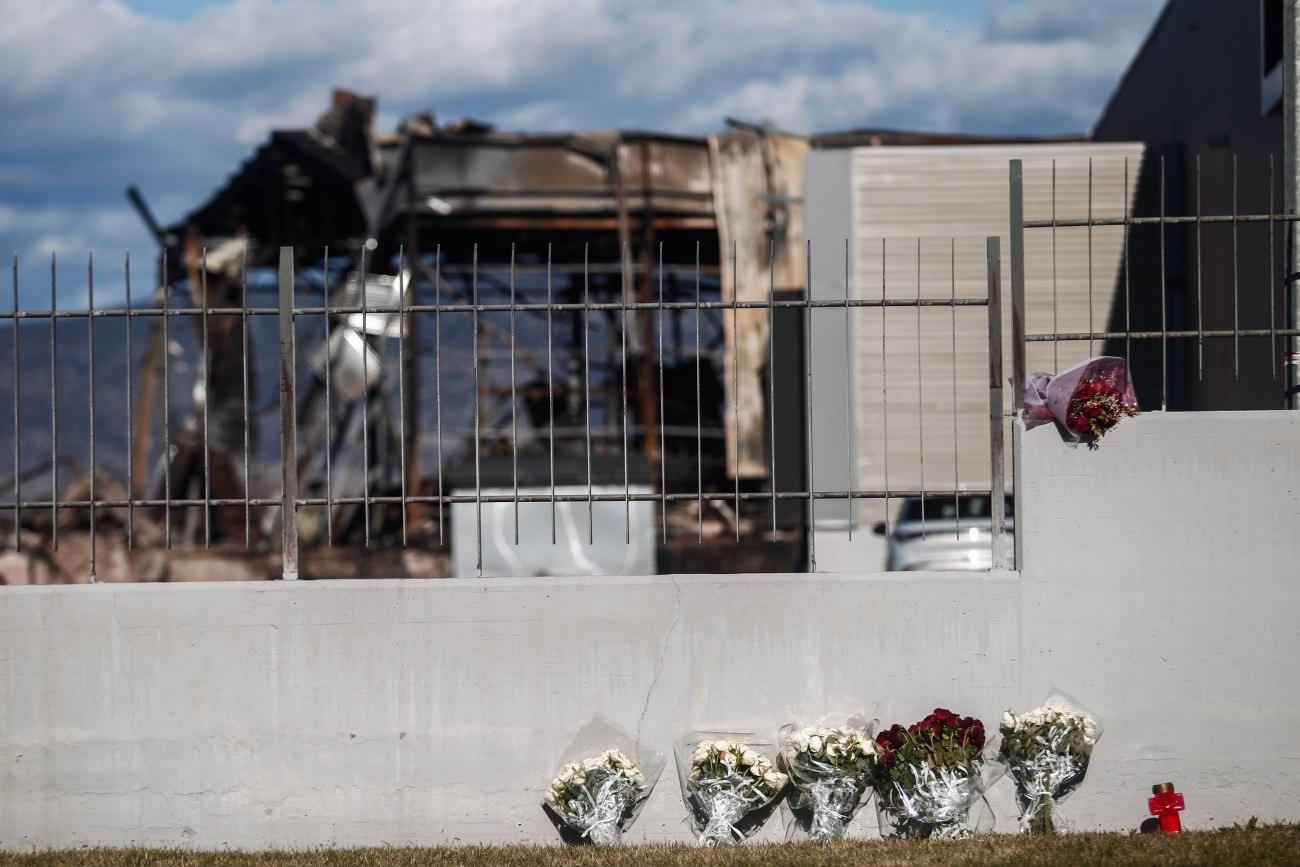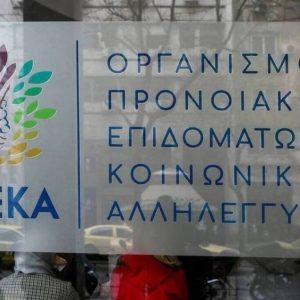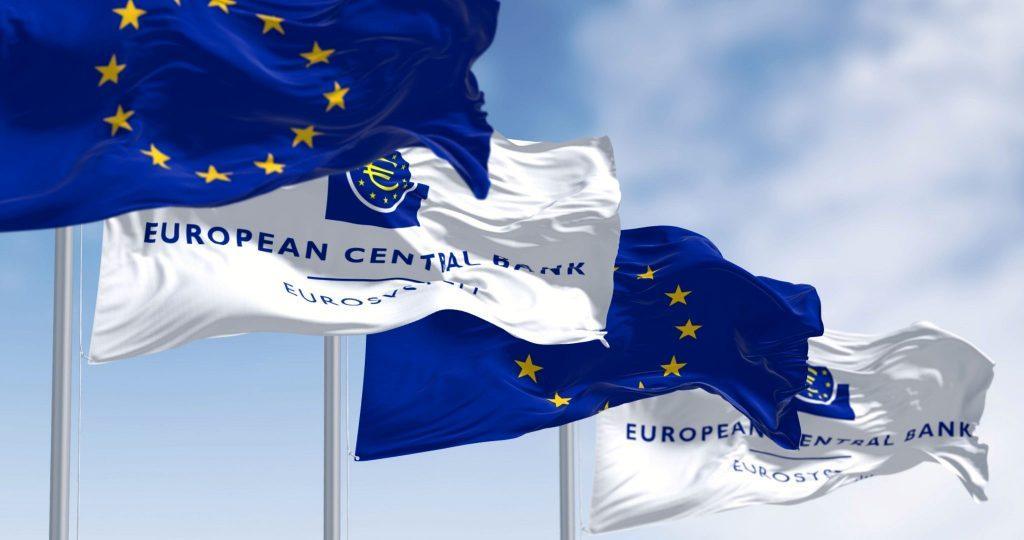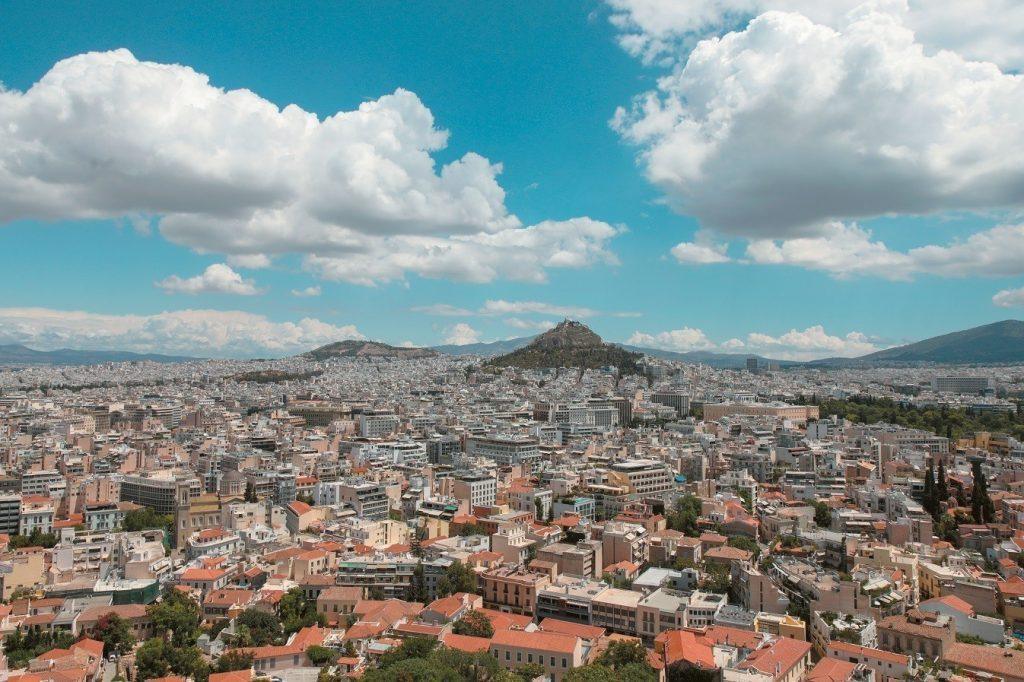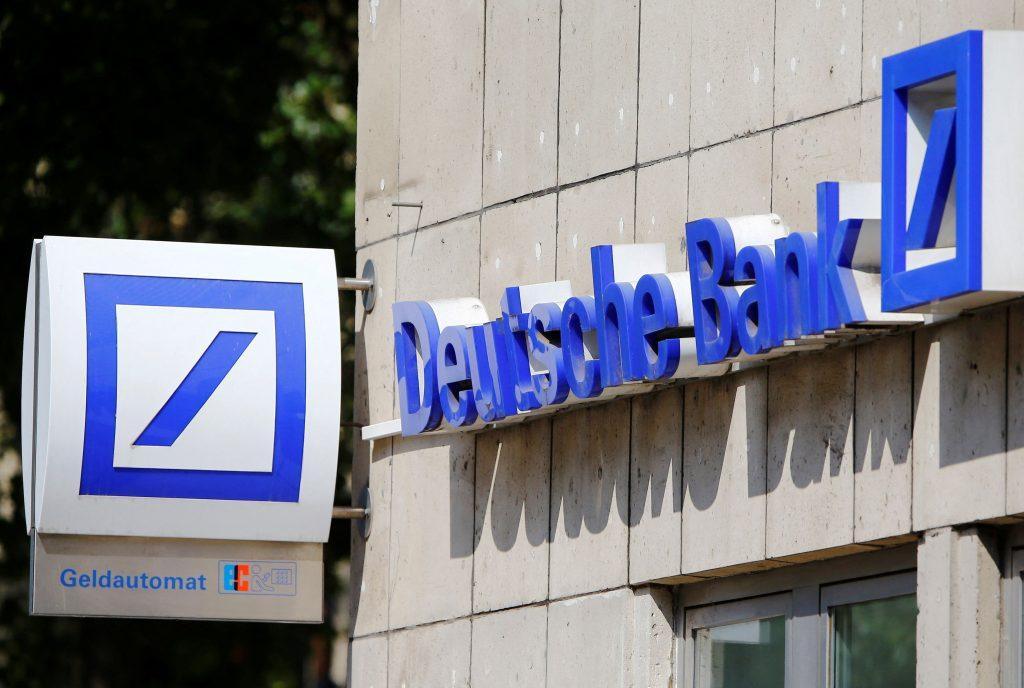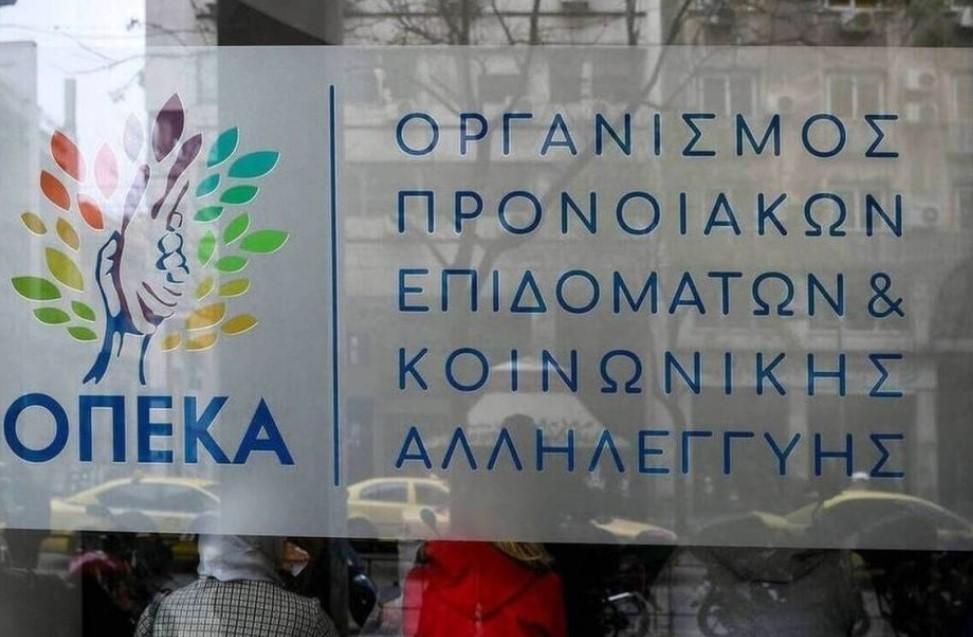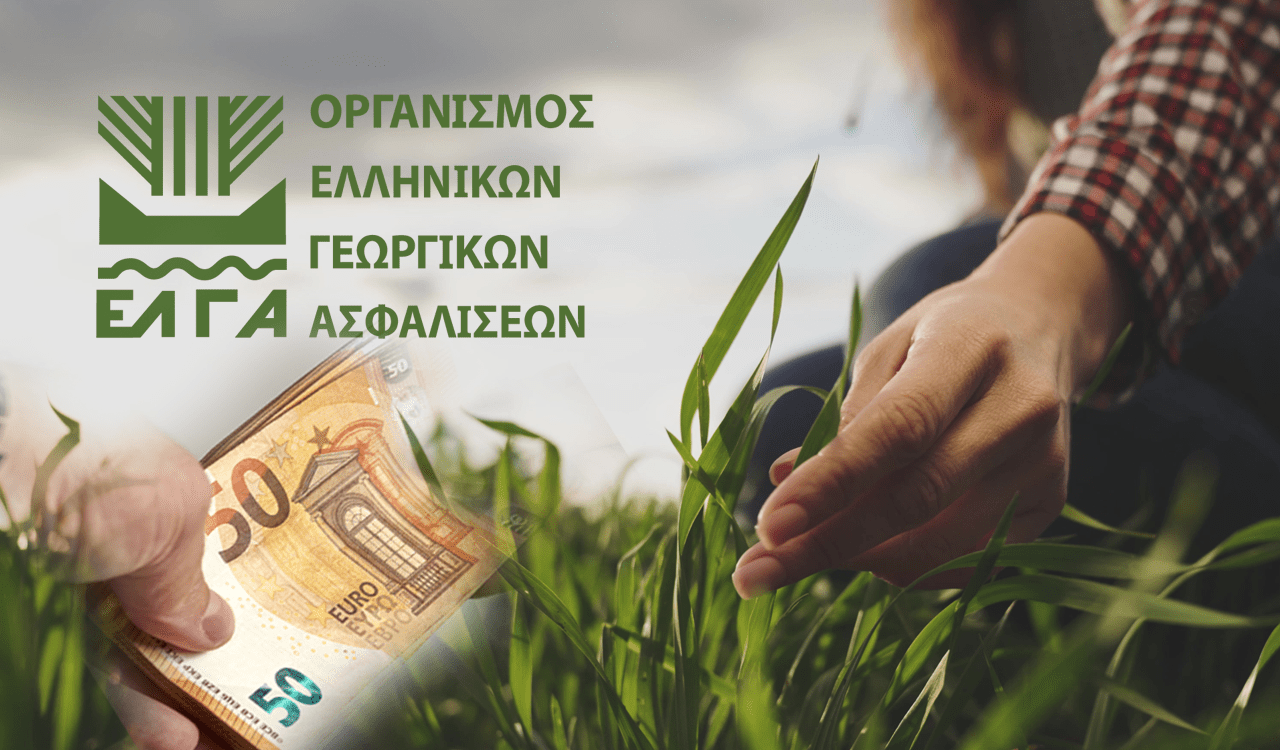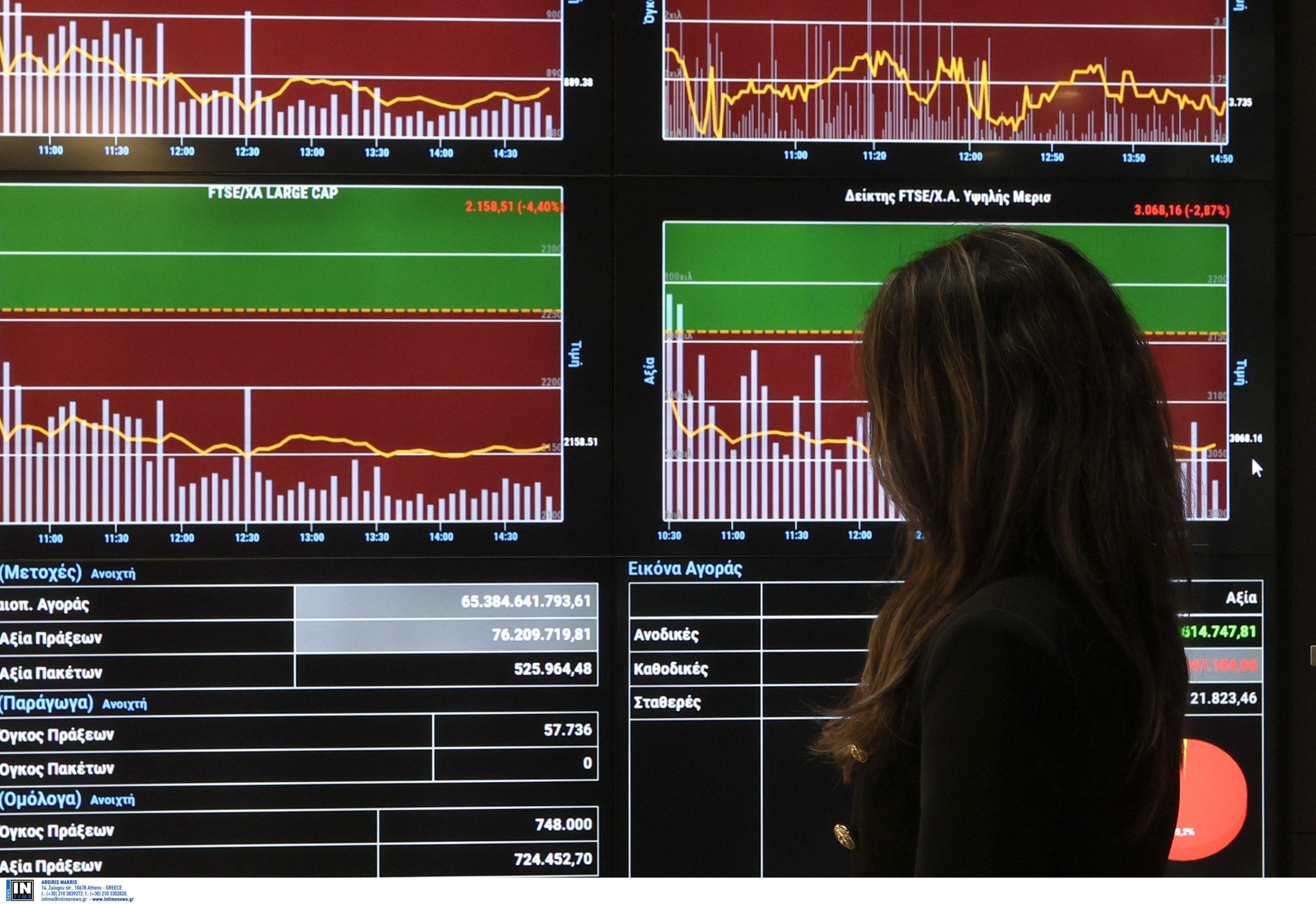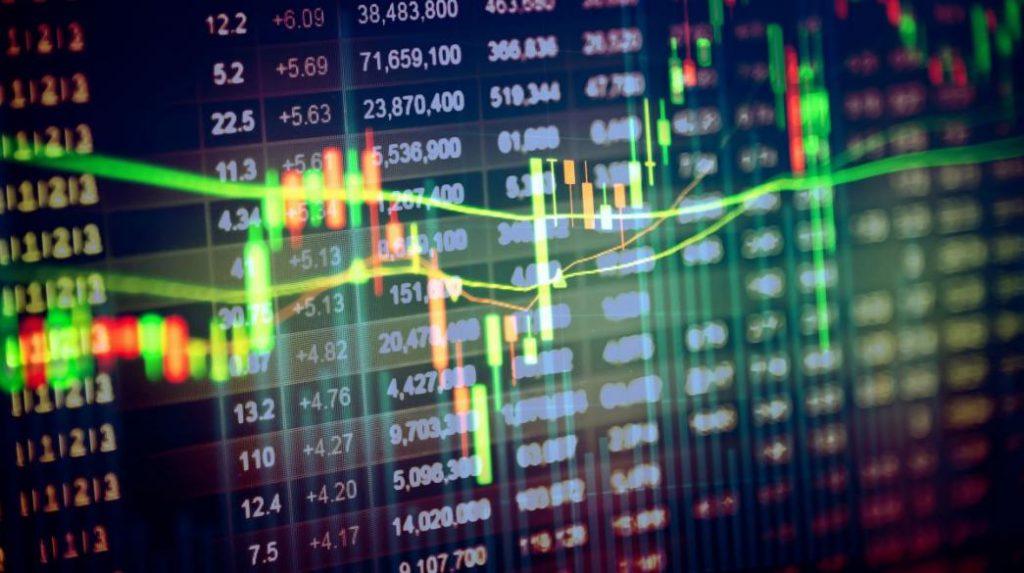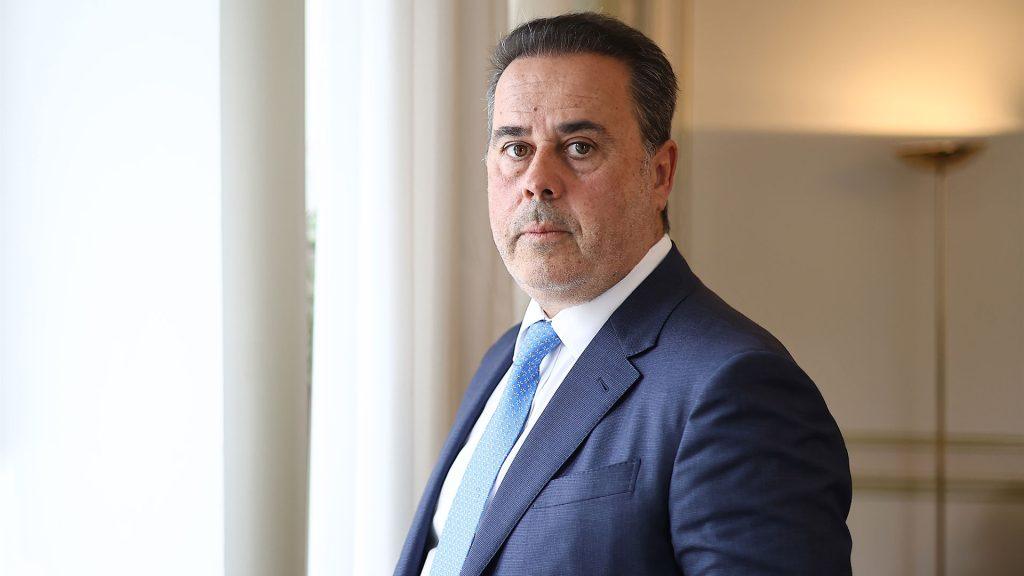The latest figures released this week by Greece’s statistics authority, EL.STAT, again raise concerns about the number of people in the country at-risk for poverty and economic inequity.
According to the statistics authority, 26.3 percent of the population in the east Mediterranean country is at-risk for poverty or social exclusion, or some 2.72 million people in absolute terms.
The ratio means that one in four residents in Greece face such a risk as of 2022, with results based on incomes for 2021.
The figures also precede a surge in inflation and the energy crisis – in the wake of Russia’s invasion of Ukraine in February 2022 – which led to a further decrease in households’ disposable income.
Ominously, Greece posted the worst showing, in terms of the at-risk for poverty category after Bulgaria, in a survey of nine European countries for which data is available.
Spain and Latvia followed, with a percentage hovering at 26 percent, while Finland fared the best, with a 16-percent showing.
Although the development is worrying, many analysts have pointed out that official statistics for Greece often do not figure the “off-the-books” incomes of self-employed professionals and craftsmen, as well as high rates of tax evasion and avoidance by SMEs.
